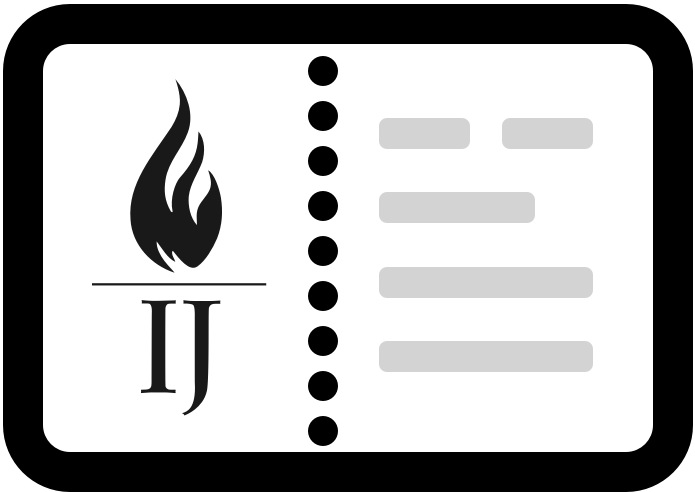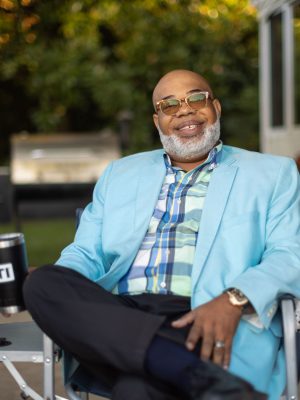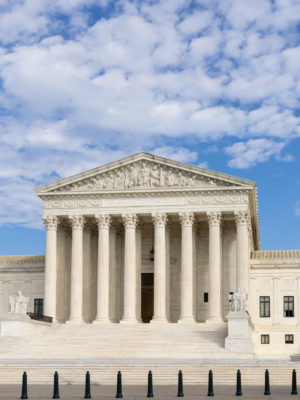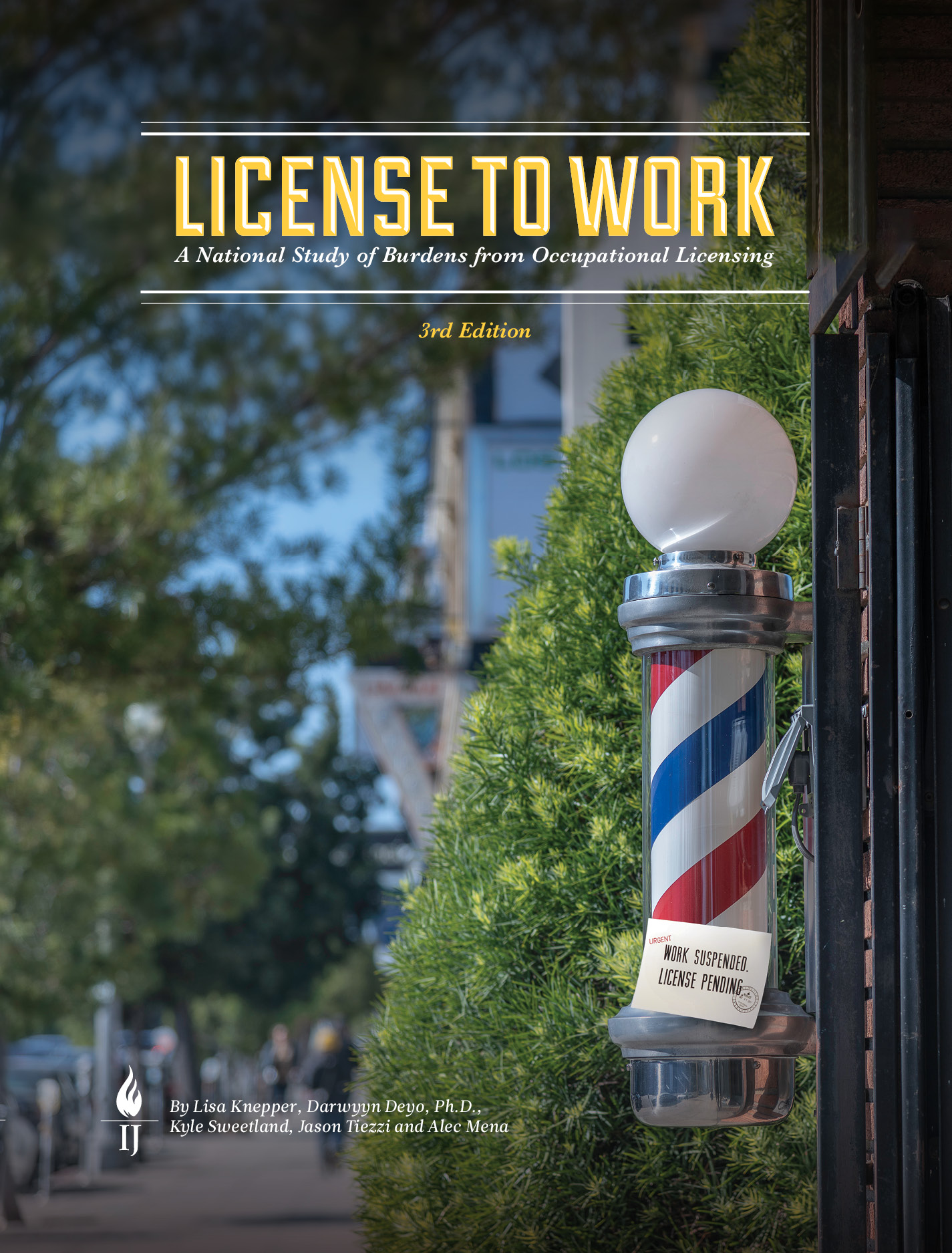
102 Lower-income Occupations
For its 2022 report License to Work, the Institute for Justice documented the requirements to get a license for 102 lower-income occupations across all 50 states and the District of Columbia. Read more about the research methods.
State Profiles
For its 2022 report License to Work, the Institute for Justice documented the requirements to get a license for 102 lower-income occupations across all 50 states and the District of Columbia. Read more about the research methods.
Select A State

What is Occupational Licensing?
An “occupational license” is, put simply, government permission to work in a particular field. To earn the license, an aspiring worker must clear various hurdles, such as earning a certain amount of education or training or passing an exam. In the 1950s, only one in 20 U.S. workers needed the government’s permission to pursue their chosen occupation. Today, that figure stands at almost one in four.
















